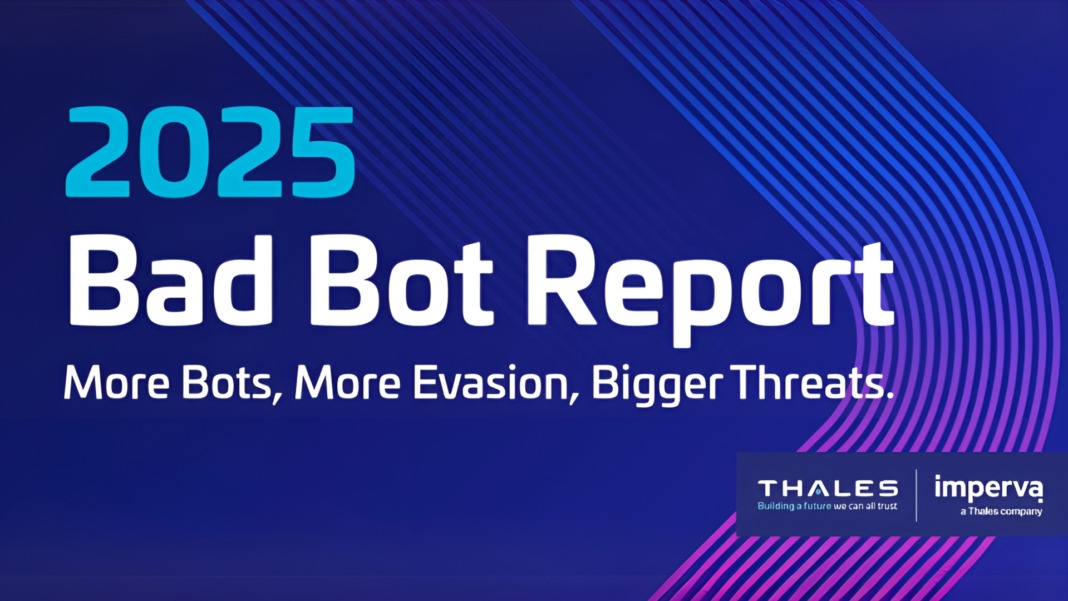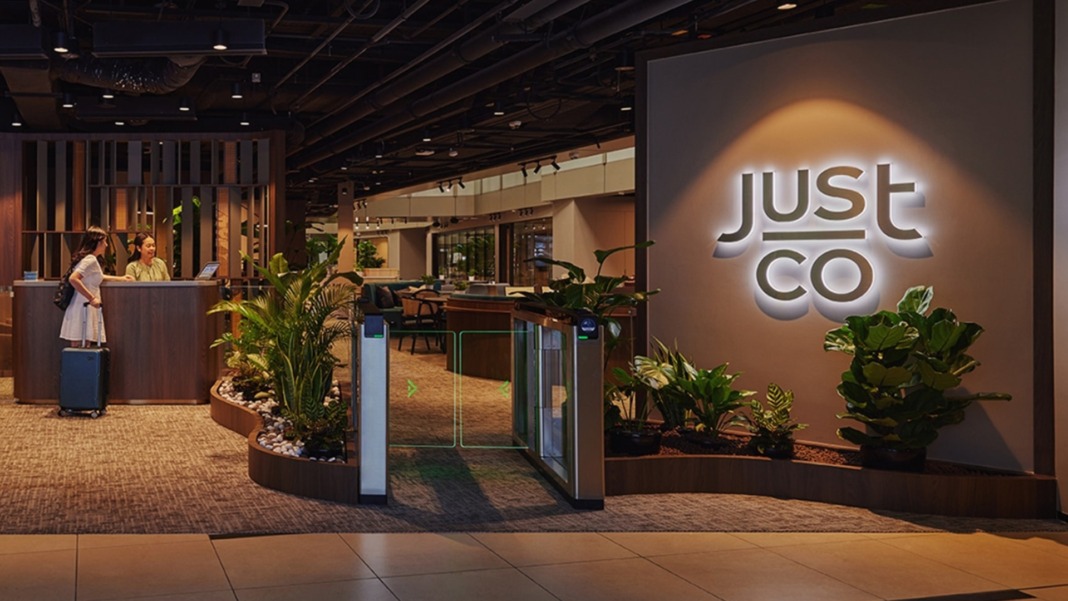Microsoft’s newly released 2025 Work Trend Index highlights a major shift in the way companies in Singapore are using AI-driven agents to address growing productivity pressures and redefine the structure of work. As employees face mounting workloads and diminishing energy levels, the report suggests that AI could hold the key to scaling capacity and transforming job roles across all levels of an organisation.
The report, based on survey responses and Microsoft 365 usage data, reveals that 81% of workers in Singapore say they lack the time or energy to complete their tasks, despite 58% of business leaders saying productivity needs to increase. Interruptions are frequent, with Microsoft 365 telemetry showing that employees are disrupted every two minutes by messages, meetings, or emails. This growing strain has prompted business leaders to turn to AI for solutions.
A significant 82% of leaders in Singapore are confident about using AI agents to increase workforce capacity within the next 12 to 18 months. Meanwhile, 85% of leaders view this as a pivotal moment to rethink their company’s strategy and operations. AI agents capable of reasoning, planning, and taking action are already being deployed, suggesting that traditional organisational structures may soon give way to more flexible models.
AI fills workforce gaps with new ways of working
The report introduces the idea of AI as a scalable and affordable resource, no longer limited by headcount or expertise. Rather than relying on traditional departments like marketing or finance, companies are beginning to structure teams around specific outcomes. This shift has given rise to what Microsoft calls “Work Charts” – a more fluid approach to managing teams.
In Singapore, 56% of leaders are already using AI agents to fully automate workstreams or business processes, a figure that exceeds the global average of 46%. These agents are being used in roles ranging from research assistants and analysts to creative partners, helping companies build lean, high-performing teams.
The report also reveals that employees in Singapore are increasingly viewing AI as a valuable collaborator rather than just a tool. Nearly half (47%) see AI as a thought partner, while 51% still use it mainly for executing tasks. When asked why they use AI, employees cited 24/7 availability, speed and quality of output, and the ability to generate unlimited ideas as key advantages.
Hybrid human-AI teams set to become the norm
Microsoft predicts the rise of “Frontier Firms” – organisations that integrate hybrid teams of humans and AI agents – will reshape the business landscape. These firms are shown to move faster, scale more easily, and create value in new ways. Employees at such companies are more likely to report job satisfaction and the ability to handle greater workloads.
In Singapore, 40% of leaders list expanding capacity through digital labour as a key priority over the next 12 to 18 months, second only to upskilling at 47%. To prepare, 80% of leaders are considering creating AI-focused roles such as agent specialists, AI trainers, and workforce managers. This preparation reflects a broader shift in business priorities, as companies gear up to redesign processes and manage new AI ecosystems.
Preparing every employee to become an ‘agent boss’
The report also points to a widening knowledge gap between leaders and their teams. While 80% of Singaporean leaders report being highly familiar with AI agents, only 41% of employees say the same. To close this gap, over half (51%) of managers expect AI training to become a core team responsibility within five years.
Looking ahead, Singapore leaders believe their teams will need to take on responsibilities such as redesigning workflows with AI, developing systems involving multiple agents, and managing these digital workers effectively. This points to a future where every employee, regardless of role, will be expected to supervise AI agents much like a startup CEO would oversee a small but capable team.
Outlook for AI-powered organisations
The early adoption of AI agents in the Asia-Pacific region, particularly in Singapore, is likely to give these businesses a strong competitive edge over the next decade. With 53% of leaders in the region already using AI to automate key processes, Microsoft expects organisations that embrace the Frontier Firm model to surpass traditional firms in innovation, efficiency, and talent attraction.





